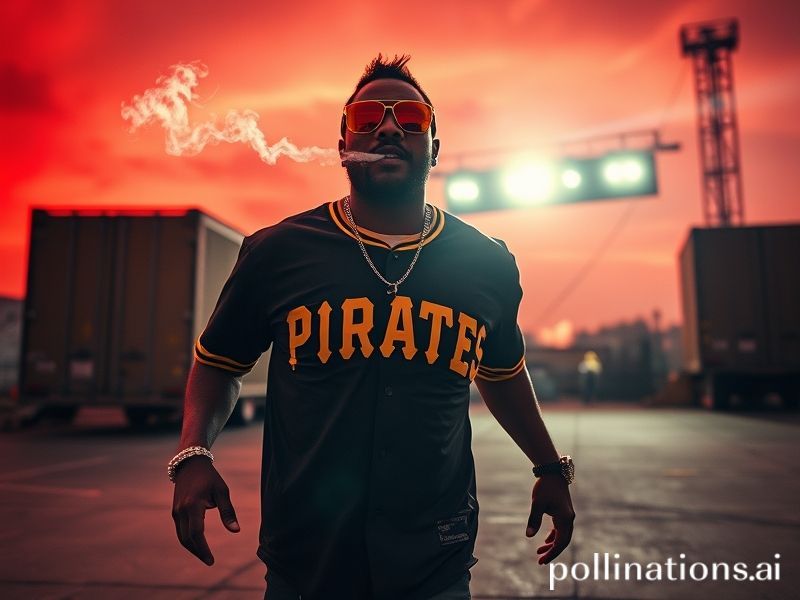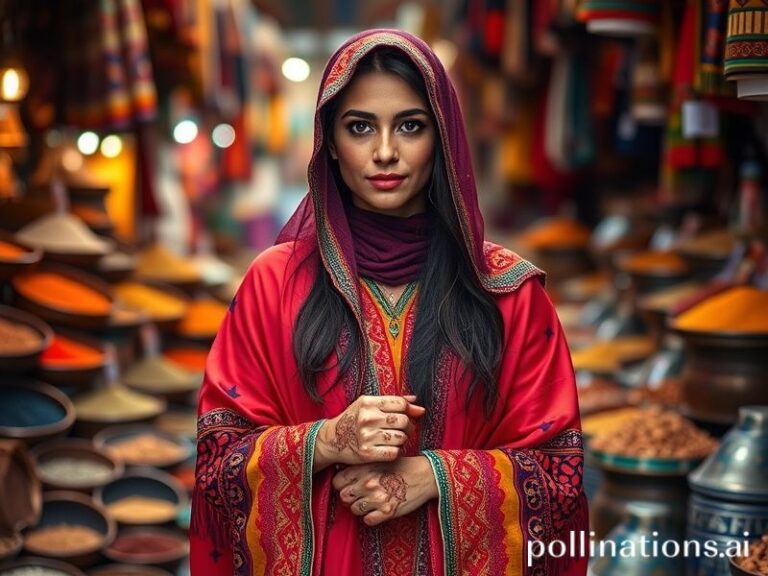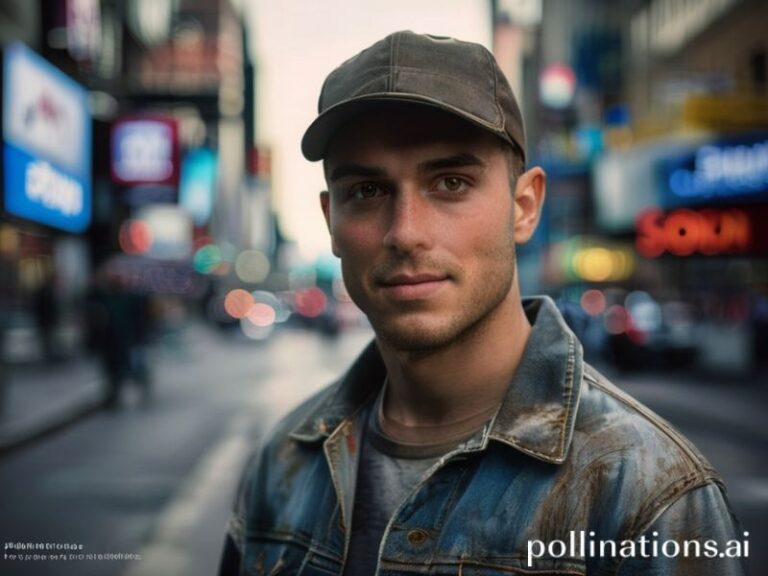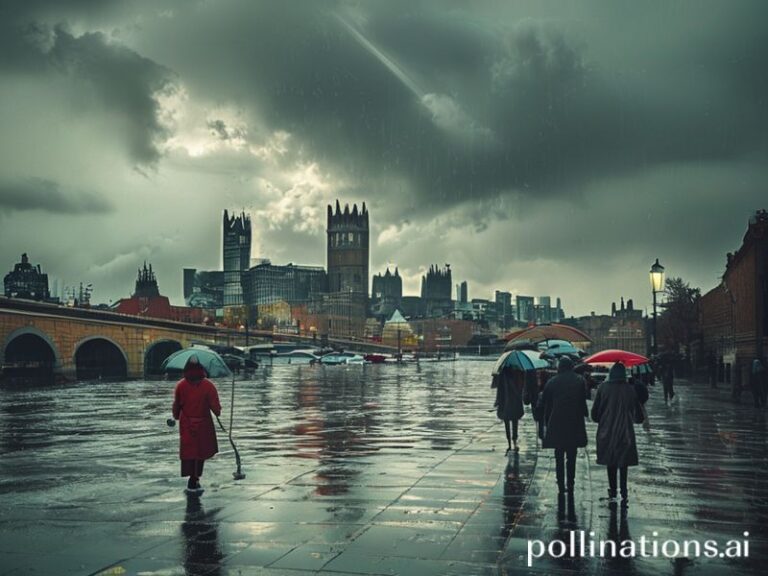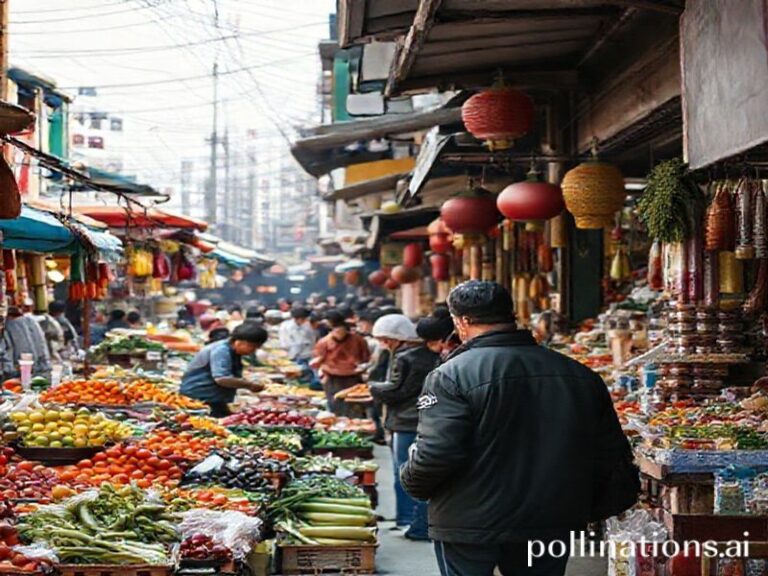How Wiz Khalifa Became the World’s Most Unlikely Export: Weed, Wisdom, and Soft-Power Smoke
Wiz Khalifa: The Pittsburgh Piper Who Convinced the Planet to Stay High and Keep Smiling
By Our Man in the Departure Lounge, Somewhere Over the International Dateline
The first thing you notice, boarding any long-haul flight that still tolerates in-flight entertainment, is that Wiz Khalifa has become the unofficial soundtrack of altitude. Somewhere between the safety video and the moment the cabin crew confiscates your duty-free lighter, “Young, Wild & Free” leaks through 300 pairs of plastic headphones—an anthem for people who have already surrendered to recycled air and existential dread. It’s a small, smoky reminder that globalization isn’t just container ships and supply-chain nightmares; it’s also a lanky kid from Pittsburgh teaching the world to roll joints in seven languages.
Khalifa’s career is frequently filed under “weed rapper,” a tag as reductive as calling Che Guevara a “T-shirt icon.” Yes, he’s the unofficial ambassador of THC, the man who turned 4/20 into a personal holiday more widely observed than half the UN’s international days of whatever. But reducing him to cannabis cosplay ignores the larger, faintly hilarious achievement: he has exported a very American strain of mellow rebellion to markets that used to import only weapons-grade American anxiety. From Jakarta vape shops to Barcelona rooftops, you’ll hear that laconic drawl promising that everything will be chill if you just exhale. In an era when the planet itself is wheezing, the message sells better than democracy.
Consider the soft-power math. The U.S. State Department spends roughly $2 billion a year on public diplomacy—fancy talk for “convincing foreigners we’re not the villain.” Wiz spent maybe the price of a Pittsburgh duplex on Kush & Orange Juice and achieved broader reach. German kids who can’t name the Secretary of State can recite the first sixteen bars of “Black and Yellow.” In Seoul, where marijuana penalties still rival North Korea’s mood swings, teens wear knock-off Taylor Gang hoodies like samizdat. The slogans are simple, stoner-friendly, and—crucially—devoid of geopolitics: “Stay Stoned, Stay Humble.” Try printing that on a NATO leaflet.
Of course, the empire strikes back. Singapore fines you in lashes for a gram of green, yet streams Khalifa tracks double-platinum. Saudi Arabia sponsors music festivals where his songs blast across the desert while undercover cops sniff for the slightest whiff of authenticity. The contradiction is delicious: governments want the cultural cachet without the culture, the soft power without the softening of laws. It’s the same logic that invites McDonald’s into Moscow but arrests you for protesting the invasion of Ukraine—capitalism’s happy meal served with a side of authoritarian dread.
Meanwhile, the economics of Wiz are transnational in a way Boeing only wishes it could be. His merchandise supply chain snakes through Bangladeshi cotton mills, Chinese textile printers, and Dutch fulfillment centers, employing a shadow workforce that will never afford a backstage pass. Each “420” beanie is a miniature NAFTA agreement stitched in acrylic. Spotify pays him fractions of a cent per stream—rates that would make a Congolese cobalt miner blush—yet those fractions add up to private-jet money, proving once again that the real narcotic is scale, not weed.
What does it mean when a planet on fire chooses a stoner as its troubadour? Perhaps that we’ve given up on solving the puzzle and settled for soundtracking the slow burn. While COP delegates argue over carbon credits, Khalifa’s latest single racks up a billion streams—each play a tiny, renewable hit of denial. The mathematics of escapology: 3 minutes 28 seconds of bass-heavy numbness, repeatable until the sea reaches your doorstep. If that sounds cynical, remember he warned us in the hook: “I just wanna be left alone.” The line lands differently when whole archipelagos are being left alone—to drown.
Still, there is something almost admirably honest about an empire that sells you both the anxiety (see: 24-hour news) and the anesthetic. Khalifa isn’t the disease; he’s the palliative care. And in that sense, his international appeal makes perfect, melancholic sense. From Ukrainian bomb shelters to Bolivian bus terminals, people aren’t clamoring for complexity; they want four bars of certainty, a tempo that mimics a resting heartbeat, and the promise that the next inhale will make the absurdity feel temporary.
He’ll be 40 soon, ancient in rapper years, but the itinerary never stops: Dubai expo one night, São Paulo fashion week the next, a new strain of Khalifa Kush debuting in Toronto like a diplomatic accord. Somewhere over the Pacific, another cabin fills with that familiar fog of synthetic relaxation. Seat-back trays rattle in mild turbulence; the world’s problems are stowed upright. Fasten your seatbelt, the captain says. We’re cruising at 39,000 feet and descending slowly—though nobody can quite say where.

